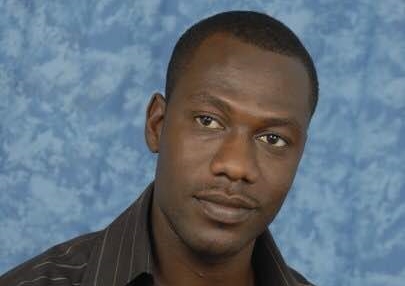Fatalities from gas explosions, fire-related disasters, and possibly other accidents, are grossly under-reported, per the experience of a specialist surgeon and physician at the Korle-Bu Teaching Hospital, Dr. Hadi Abdallah.
He noted in a radio discussion that the media tends to focus on the fatalities in the immediate aftermath of an accident.
Citi News estimates pegged the number of deaths from the major gas explosions from 2014, minus the June 3 fire and flood disaster, at a little over 30.
But the delicate nature of burn injuries, both physically and psychologically, leaves victims at the risk of death even a year after the incidents.
To enforce this concern, Dr. Abdalla, who was a medical officer at the Winneba Government Hospital, recalled the coverage of fatalities from a massive gas explosion at Winneba following a road crash involving a gas tanker in March 2009.
An assessment of media reports at the time indicates that between 12 and 21 deaths were noted.
The reports noted that, about 35 people who received severe burns and were rushed to the Winneba Government Hospital, were later referred to Korle-Bu and 37 Military hospitals in Accra.
But even the report of 21 fatalities from the explosion fell way short of the eventual number of deaths, which increased by 100 percent, unbeknownst to the media.
Dr. Abdallah said “we all know from the Winneba incident that 42 eventually died; 42 Ghanaians including women and children. Some were pregnant women and I was able to get these facts because I was able to follow the patients that had been referred to Korle-Bu.â€
The more recent explosion at Nungua Zongo in 2014 was reported to have just one fatality, with five others injured.
But the fatalities, in this case, were also not followed up on as the explosion eventually recorded maximum fatalities.
“…that same night, a young girl of nine years died in Korle Bu. Later on, the mother of the child and the other three siblings and the young man who had come to fix the gas cylinder for them when the incident occurred also died in Korle Bu within a period of about three weeks. But nobody captured it and that family has actually been wiped out from that gas explosion,†Dr. Abdallah disclosed.
Depression and suicide would also have to be factored into the equation when accessing the casualties of such accidents because “some would ave severe burns such that it’s so debilitating they may have depression because they can’t even come into public. Some have even taken their own lives and some of these deaths are not reported,†he explained.
Going by these examples, the physician said he “could confidently say that we usually under-report these [fatalities from gas explosions].â€
His comments follow the massive Atomic Junction explosion where only seven fatalities have been so far recorded.
Dr. Abdallah said getting the reportage right was important because it allows Ghanaians to appreciate how “grave the issues are.â€
“When we know that so many lives are involved, a family has been wiped out, we may then begin to look at it again… it appears for us that some of these numbers are what will push people to act and recognize the fact that when these things happen, so many lives are lost.â€
Â





